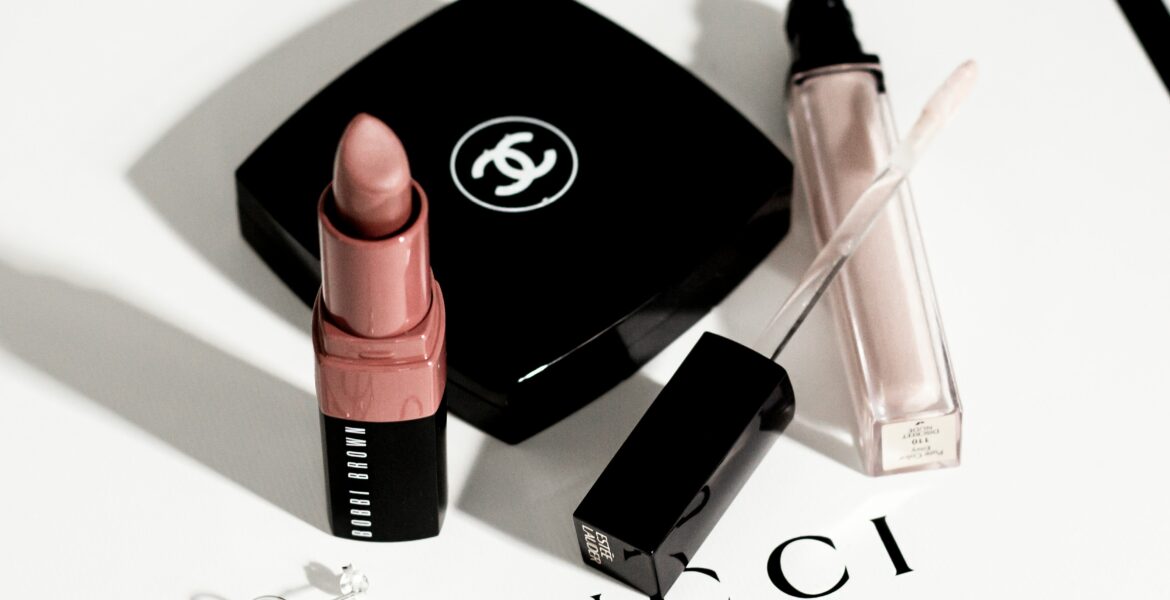Photo by Johanne Pold Jacobsen on Unsplash
The global expansion of luxury brands outside of the US, UK and EU is being fuelled by the opening of new markets, particularly in emerging economies in Asia, Africa, and the Middle East.
China has emerged as a critical player in the luxury goods market, with other countries like India, Malaysia, and Central Asian states following suit.
The imposition of sanctions on Russia has also prompted businesses to explore new avenues for expansion in other countries.
However, with the boom, western media has also raised concerns about potential issues in the luxury brands market. There is a growing concern that third-party resellers may be involved in circumventing sanctions by supplying these goods to sanctioned countries and individuals, as observed in the transit of other goods to sanctioned entities.
When venturing into new markets, companies often rely on third-party traders to establish their presence. Brands have stringent internal policies for selecting authorized sellers in specific geographic locations; the risk of partnering with the wrong entities can result in serious reputational damage and large financial penalties.
This underscores the critical role of thorough due diligence and careful selection when engaging with third-party operators, a process that should not be underestimated.
Central Asia, particularly Russia’s neighbouring countries, is emerging as a significant market for luxury brands.
Despite historically being closed off to the world, these countries have undergone reform processes that have increased the wealth and buying power of the average person, making it an attractive destination for luxury brands.
Local and international players are actively working to gain a share of this lucrative business.
Multiple luxury brands have established their presence in Central Asia. Kazakhstan is attracting the most brands with outlets of watch brands like Patek Philippe and jewellery brands like Messika, which have also opened their outlets in the country.
It is to be hoped that their local partners have been thoroughly vetted, but things can fall through the cracks for the sake of seizing opportunities in new markets.
Any lack of transparency opens the door to speculation as to whether cash maybe being redirected to sanctioned jurisdictions without the knowledge of the franchisor.
Luxury brands have always been under a microscope and are no stranger to problems in their supply chain.
Therefore, for the benefit of their own brand reputation and also to ensure genuine sales and growth in emerging markets – luxury brands should make sure they are regularly checking in on their suppliers and enforcing best business practises.




